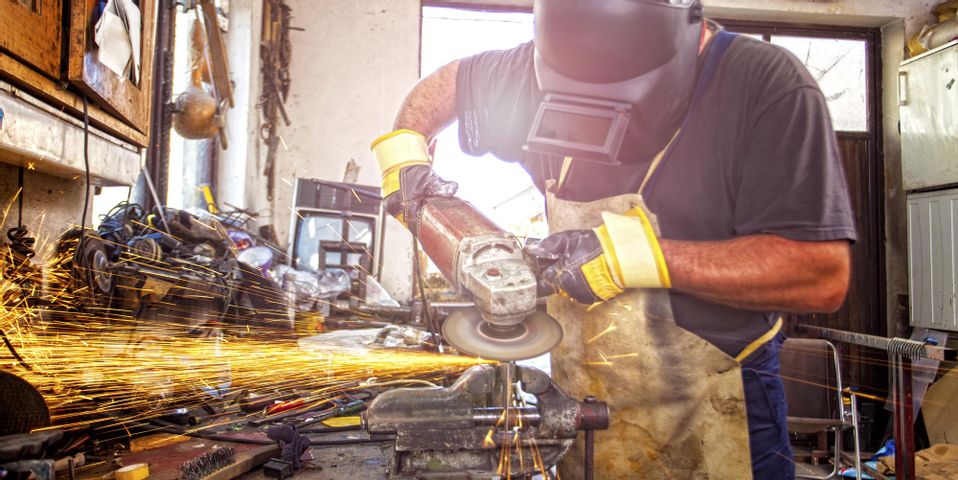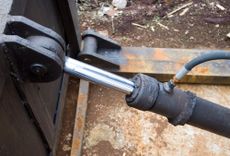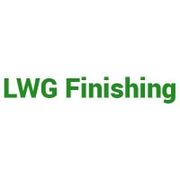
Passivation is an important process that prevents corrosion in your stainless-steel components, such as hydraulic rod cylinders. It’s typically used by manufacturers and machine shops. If you are working with stainless steel in any capacity, you should understand how this process works, along with other information people usually have questions about.
What You Should Know About Passivation
What is the passivation process?
For passivation, the materials are cleaned with alkaline first to remove all contaminants and oils. They are rinsed, usually with deionized or reverse osmosis water, and then fully immersed in nitric acid or citric acid. They are then cleaned twice and dried. The parts are sampled to ensure the process was successful with techniques such as exposure to a salt spray, copper sulfate, and a high humidity chamber.
What does passivation accomplish?
During passivation, the hydraulic rod cylinders or other components are dipped in concentrated nitric or citric acid. This dissolves the free iron and other materials from the surface, leaving behind a stainless steel coat that has more chromium than iron. The stainless-steel forms a non-reactive, chromic oxide layer as it is exposed to oxygen over the next 24 to 48 hours.
What are the benefits?
 Stainless steel is an iron-based alloy, and iron is known for rusting when exposed to moisture. By creating a chemical film barrier of the highly corrosion-resistant chromium, the steel is less likely to rust. You can, in turn, expect a longer lifespan of the component and reduced maintenance requirements. The passivation process also removes any existing contaminants on the surface.
Stainless steel is an iron-based alloy, and iron is known for rusting when exposed to moisture. By creating a chemical film barrier of the highly corrosion-resistant chromium, the steel is less likely to rust. You can, in turn, expect a longer lifespan of the component and reduced maintenance requirements. The passivation process also removes any existing contaminants on the surface.
What should be passivized?
Stainless steel is naturally more resistant to corrosion than other metals because it contains chromium. However, some circumstances leave it at a higher risk of corrosion than normal use. This includes if it’s introduced to a foreign component in a manufacturing environment and if any sulfides are added to the steel for machinability. The machining process should also leave particles of iron embedded in the component.
LWG Finishing offers passivation services for all types of stainless-steel components in Fairfield, OH, and throughout the Tri-State area. They will repair and passivize your hydraulic rod cylinders and provide chrome plating to reduce friction and corrosion. See their full list of services online and call (513) 860-1156 to request an estimate.
About the Business
Have a question? Ask the experts!
Send your question

